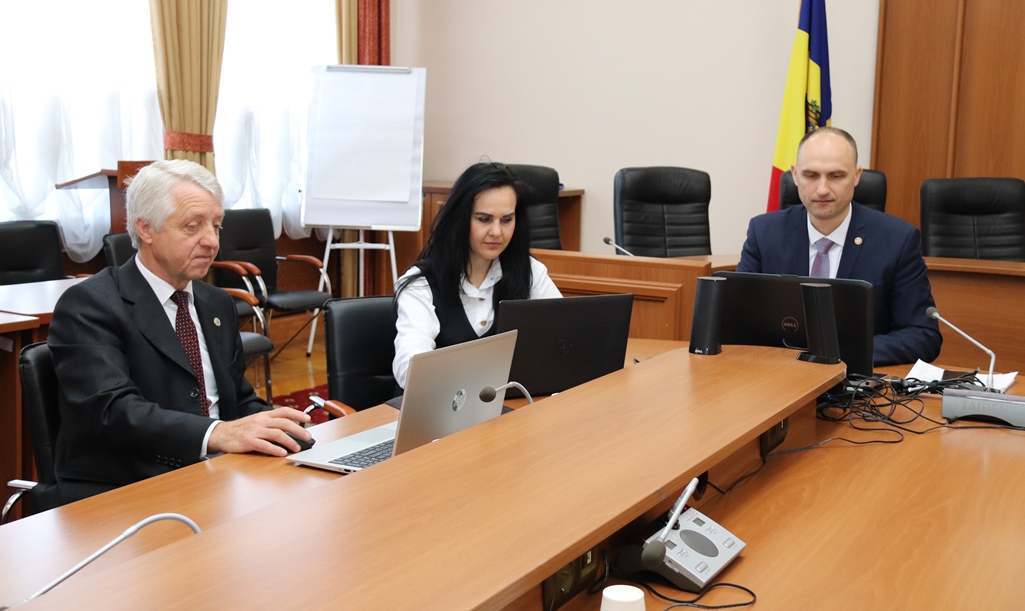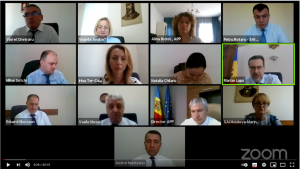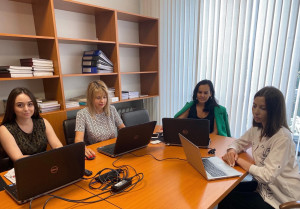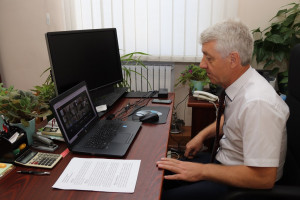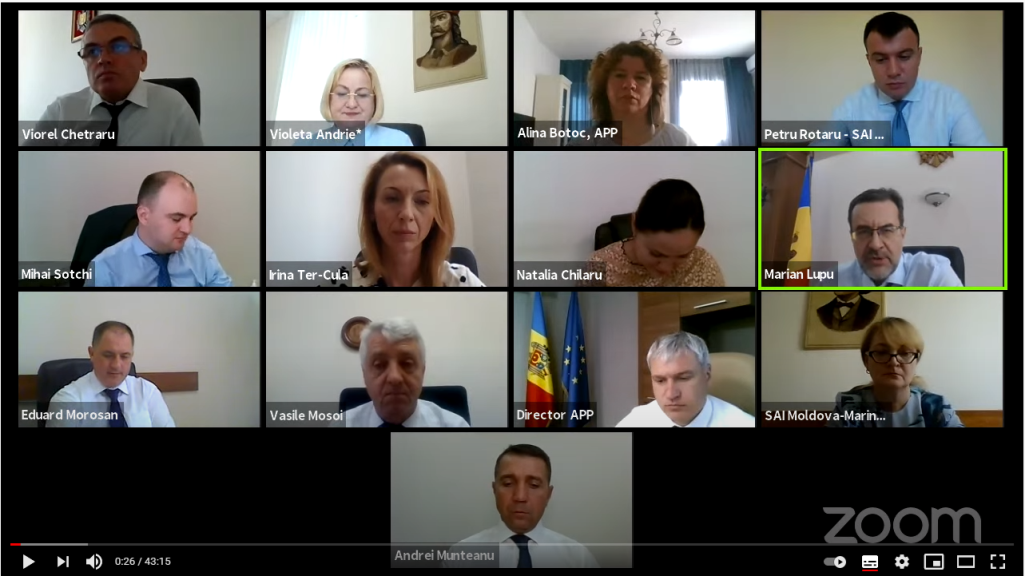
On August 2, the Court of Accounts of the Republic of Moldova (CoARM) examined during an online meeting, the Audit Report on the compliance of the privatization of goods during 2013-2019 by sale, by auction or discount and by sale on the Stock Exchange of Moldova.
The purpose of the audit mission was to assess the compliance of the privatization of public property during 2013-2019 by sale at auction with a call or discount and by sale on the Stock Exchange of Moldova.
The audit was carried out within the Public Property Agency (PPA), being subject to audit tests the privatization of public property assets and assets of the state, namely: 31 objects with a total sale value of over 64.4 million lei, sold at auctions with shout and with discount, and 37 portfolios of shares sold on the Stock Exchange of Moldova with a total value of about 553.0 million lei.
The audit activities carried out revealed that the process of privatization of public property is mobile and dynamic. However, in its development, it lacks a strategic vision, focusing on the respective national public policy priorities and describing the directions of activity in the long or medium term in relation to and interaction with public policy priorities related to other areas. of the national economy. At the same time, it is attested that the governance objectives established in the field of public property are not inter-correlated and interconnected within the entire institutional system.
The audit also found that the process of financing the privatization of state-owned assets is not in line with the principles of good governance, the budget allocations being used, on average, at a level of only about 55%, such as and used contrary to the predetermined destination, respectively 2932.2 thousand lei, or about 53% of the total expenses incurred.
The audit evidence shows that the field of privatization of public property is developing sporadically, therefore the evolution of the number of objects exposed to privatization and privatized, and the actual revenues obtained from their privatization is variable and uneven, and the number of zero bids, at which did not register any participants is increased. Thus, 72% of the total auctions with shout/discount, organized during the audit period and 79% of the total auctions organized on the Moldovan Stock Exchange were recognized as null.
The audit mission determined that, from a procedural point of view, the outcry / discount auctions and the auctions organized by the Moldovan Stock Exchange were conducted on a regular basis. But at the same time, some systemic problems have been identified, such as:
the inconsistency of the normative framework in the field of evaluation activity, which does not ensure the real and objective determination of the initial selling price of the objects subject to privatization;
the existence of gaps in the related regulatory framework: the establishment of the initial price of the object that is exposed for the first time to privatization; establishing the manner and terms of payment of privatized goods and providing free access for potential auctioneers to information on the estimated market value of the goods, the removal of which could directly attract a larger number of auctioneers, directly contributing to increased competition and reducing the number of null auctions;
when establishing the sale price of the shares, only the methodology established in the Government Decision no. 453 of 02.06.2010, as the market value of the net assets related to the traded shares was not assessed, consequently some portfolios of state-owned shares (25 portfolios out of 37 sold) were sold at a price lower than the share of the state in the net assets of the companies on the respective shares, the difference being about 207.6 million lei, being missed a possible accumulation of revenues in the state budget.
During the audit mission, the audit team witnessed the call for tenders, and the auction organized through the Stock Exchange of Moldova. As a result, it is noted that the decision-makers of the tenders ensured the regularity of their conduct, the decisions taken were transparent, objective and impartial towards all participants, and the access to the tender was free and unrestricted.
Regarding the post-privatization activities, they were limited to the monitoring of the exercise of the payment obligations related to the privatized goods, which were carried out accordingly. The limitation of the activities in question did not allow the assessment of the expected impact and of the qualitative socio-economic effects obtained from the denationalization of public property.
Thus, the audit team visualized on the spot 13 goods privatized through open/reduced auctions, and contrasted with their status at the time of privatization, noting the following. In some cases, the privatized goods have visually undergone significant changes in terms of modernization, construction and reconstruction, and in other cases, the condition of the buildings and related land is deplorable in terms of maintenance. At the same time, it is attested that, out of 31 privatized objects: 20 objects remained in the property of the original buyer, 4 objects were deleted for various reasons from the Real Estate Register, 5 objects were resold and 1 object was donated, and the situation at 1 object could not be established at the moment, because its location is outside the Republic of Moldova.
Also, the audit mission revealed that the lands related to the privatized goods were mismanaged, being allowed to miss the state budget revenues, according to audit estimates, from about 529.5 thousand lei to about 2647.4 thousand lei, cumulatively for the entire audited period.
In conclusion, the Court of Accounts states that, although the procedure established by the regulatory framework in force for conducting the auctions in question was largely respected, the non-alignment of the process of privatization of public property with the priorities of national public policies in the field , the improper setting of governance objectives in the field, as well as the existing gaps in the current regulatory framework, undermine the development of privatization of public property in accordance with the principles of legality, transparency and efficiency. These statements, combined with the limitation of post-privatization activities to monitoring the payment obligations of privatized goods, condition the impossibility of pursuing and quantifying the expected impact of denationalization of public property, defined by the current regulatory framework: "Restructuring the national economy and increasing its competitiveness by attracting private investments, by ensuring efficient management and by other means”.
 WITH DEFICIENCES OF VIEW
WITH DEFICIENCES OF VIEW Youtube
Youtube Facebook
Facebook


 print
print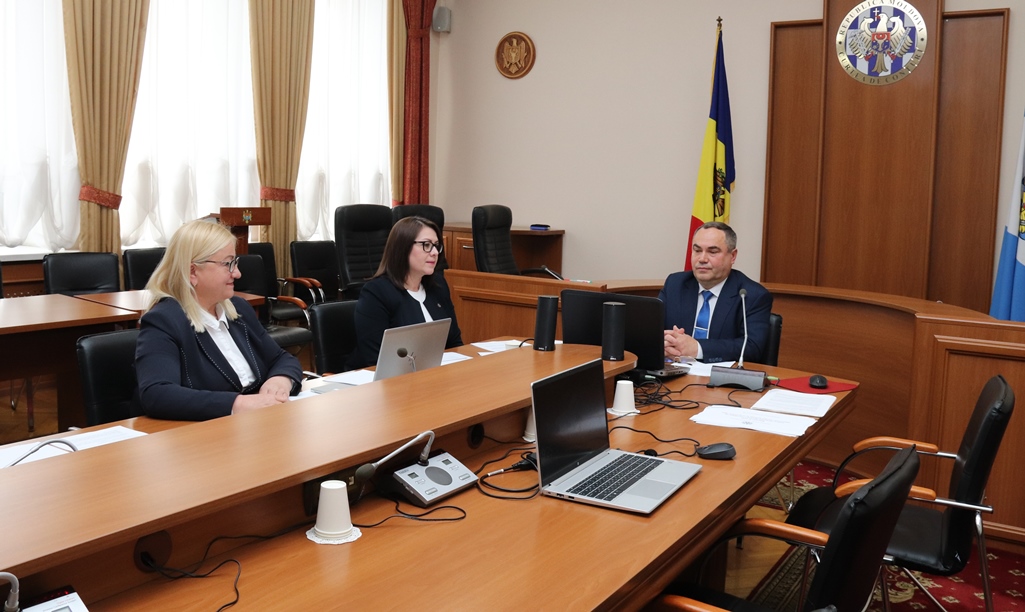
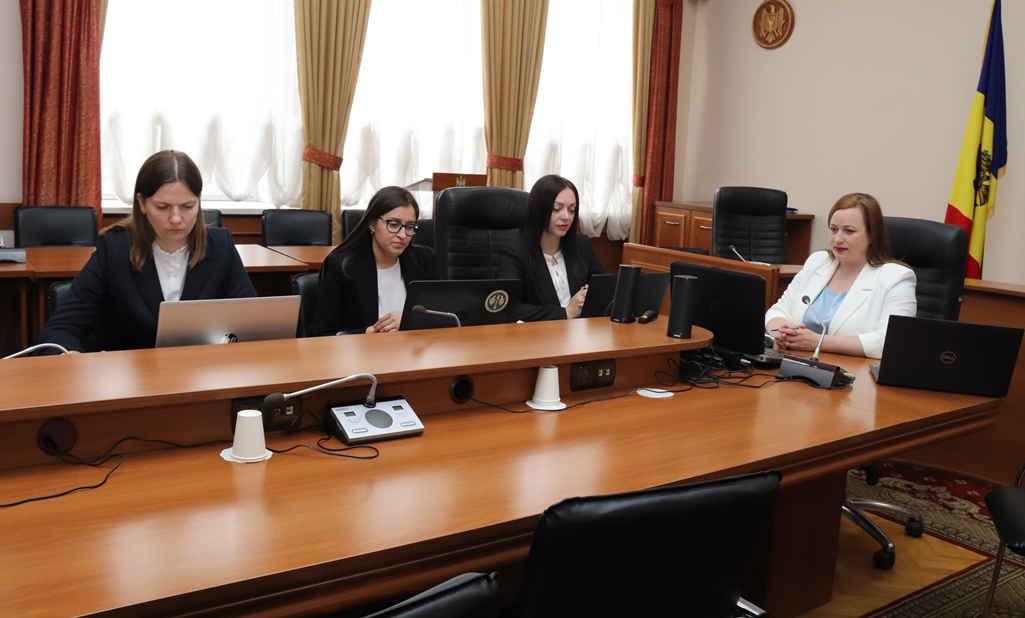
.jpg)
